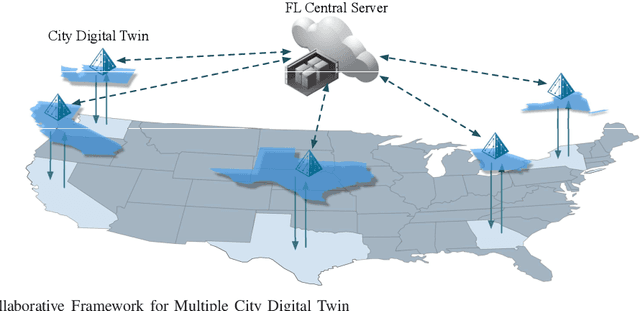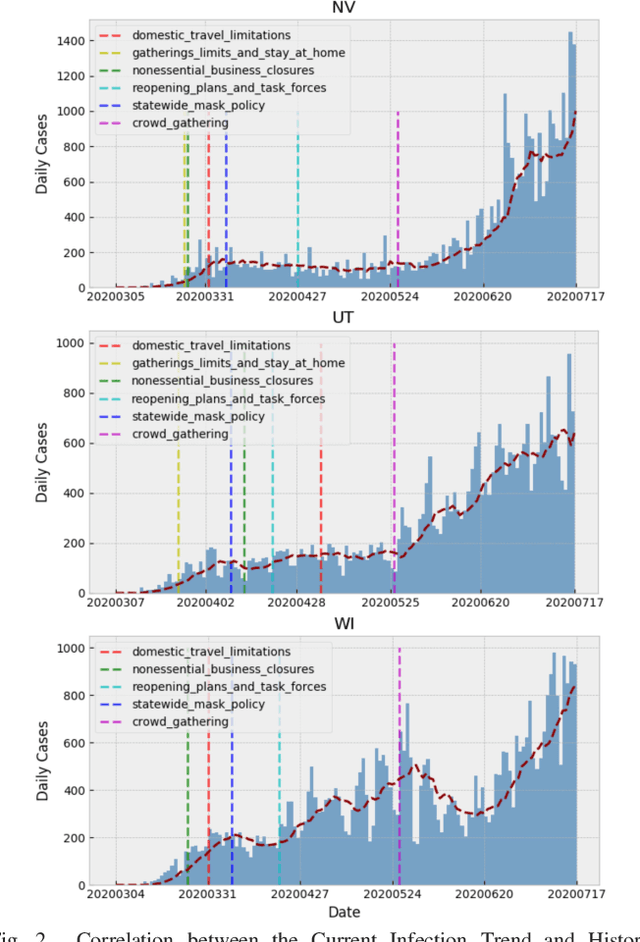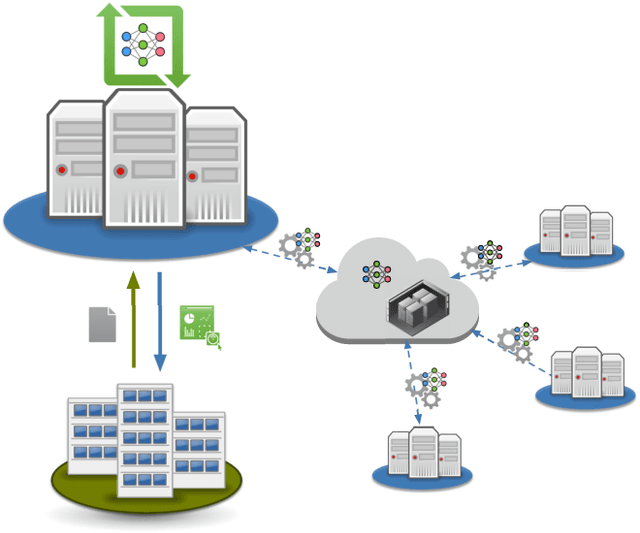Zhenzhen Xie
A Resource-Adaptive Approach for Federated Learning under Resource-Constrained Environments
Jun 19, 2024Abstract:The paper studies a fundamental federated learning (FL) problem involving multiple clients with heterogeneous constrained resources. Compared with the numerous training parameters, the computing and communication resources of clients are insufficient for fast local training and real-time knowledge sharing. Besides, training on clients with heterogeneous resources may result in the straggler problem. To address these issues, we propose Fed-RAA: a Resource-Adaptive Asynchronous Federated learning algorithm. Different from vanilla FL methods, where all parameters are trained by each participating client regardless of resource diversity, Fed-RAA adaptively allocates fragments of the global model to clients based on their computing and communication capabilities. Each client then individually trains its assigned model fragment and asynchronously uploads the updated result. Theoretical analysis confirms the convergence of our approach. Additionally, we design an online greedy-based algorithm for fragment allocation in Fed-RAA, achieving fairness comparable to an offline strategy. We present numerical results on MNIST, CIFAR-10, and CIFAR-100, along with necessary comparisons and ablation studies, demonstrating the advantages of our work. To the best of our knowledge, this paper represents the first resource-adaptive asynchronous method for fragment-based FL with guaranteed theoretical convergence.
Collaborative City Digital Twin For Covid-19 Pandemic: A Federated Learning Solution
Nov 05, 2020



Abstract:In this work, we propose a collaborative city digital twin based on FL, a novel paradigm that allowing multiple city DT to share the local strategy and status in a timely manner. In particular, an FL central server manages the local updates of multiple collaborators (city DT), provides a global model which is trained in multiple iterations at different city DT systems, until the model gains the correlations between various response plan and infection trend. That means, a collaborative city DT paradigm based on FL techniques can obtain knowledge and patterns from multiple DTs, and eventually establish a `global view' for city crisis management. Meanwhile, it also helps to improve each city digital twin selves by consolidating other DT's respective data without violating privacy rules. To validate the proposed solution, we take COVID-19 pandemic as a case study. The experimental results on the real dataset with various response plan validate our proposed solution and demonstrate the superior performance.
 Add to Chrome
Add to Chrome Add to Firefox
Add to Firefox Add to Edge
Add to Edge